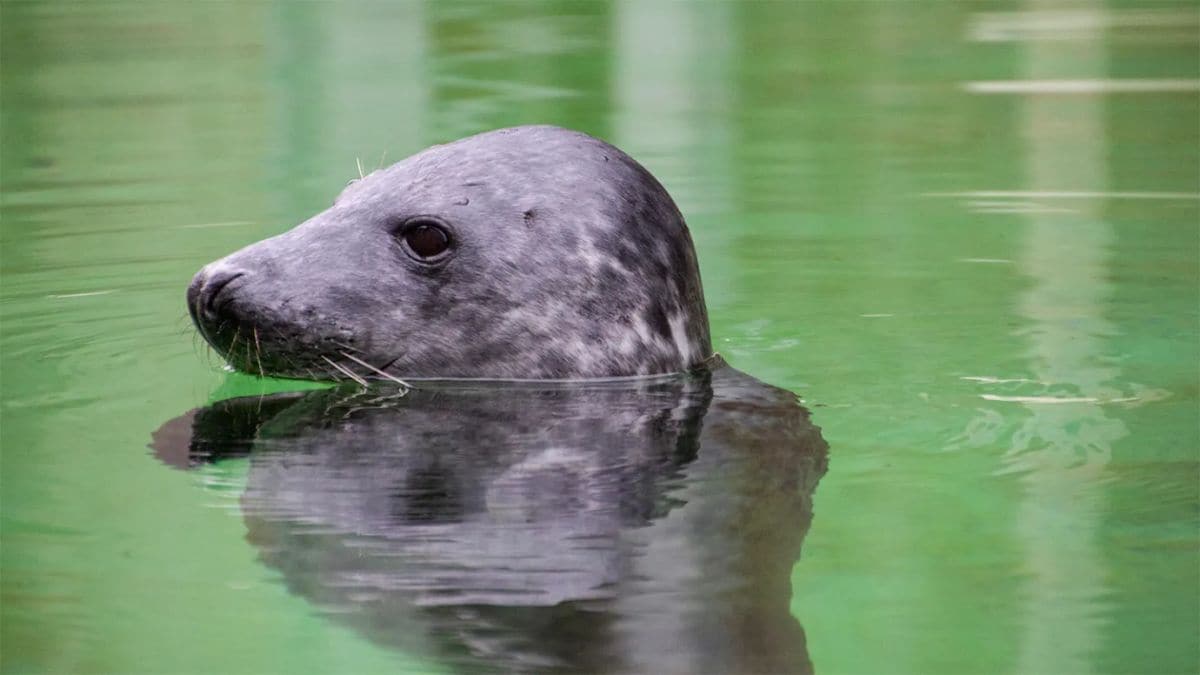Study Finds grey Seals Can Track Blood Oxygen to Prevent Drowning
A study has revealed that grey seals can monitor their blood oxygen levels to determine when they need to surface for air. Researchers tested seals in controlled environments, exposing them to different oxygen and carbon dioxide levels. The findings confirmed that higher oxygen led to longer dives, while reduced oxygen shortened them. Surprisingly, increased carbon dioxide had no effect on dive times. Experts believe this discovery provides new insights into marine mammal physiology and could help understand how deep-diving species regulate their breathing.

Marine mammals rely on oxygen to survive, yet some species stay underwater for long periods without breathing. Scientists at the University of St Andrews wanted to understand how gray seals manage their time underwater without relying on carbon dioxide buildup as a signal. Six adult gray seals were placed in a controlled environment to observe their diving patterns. The seals were only allowed to surface at a designated chamber, where researchers adjusted oxygen and carbon dioxide levels to test their responses.
Research Confirms Oxygen as the Primary Trigger
According to the study published in Science, different air compositions were tested to measure their effect on dive times. The air in the breathing chamber was adjusted across four conditions: normal air, increased oxygen, reduced oxygen, and heightened carbon dioxide levels. When oxygen levels were increased, seals stayed underwater for longer. When oxygen was reduced, they surfaced sooner. Carbon dioxide changes did not alter their behavior, suggesting that oxygen, not carbon dioxide, determines when they come up for air.
Unique Adaptation in Marine Mammals
Researchers says that grey seals have an internal system to track oxygen levels. This allows them to surface before reaching dangerous limits. This ability prevents drowning and may be common among other marine species. Since deep-diving mammals must manage oxygen carefully, similar mechanisms could be present in whales, dolphins and other seals.
Experts Weigh in on the Discovery
Lucy Hawkes from the University of Exeter and Jessica Kendall-Bar from the University of California, San Diego, discussed the study's impact. They noted that understanding this adaptation sheds light on how marine mammals survive in extreme underwater conditions. Further research could explore how this system works in different species and environments.












)



























































